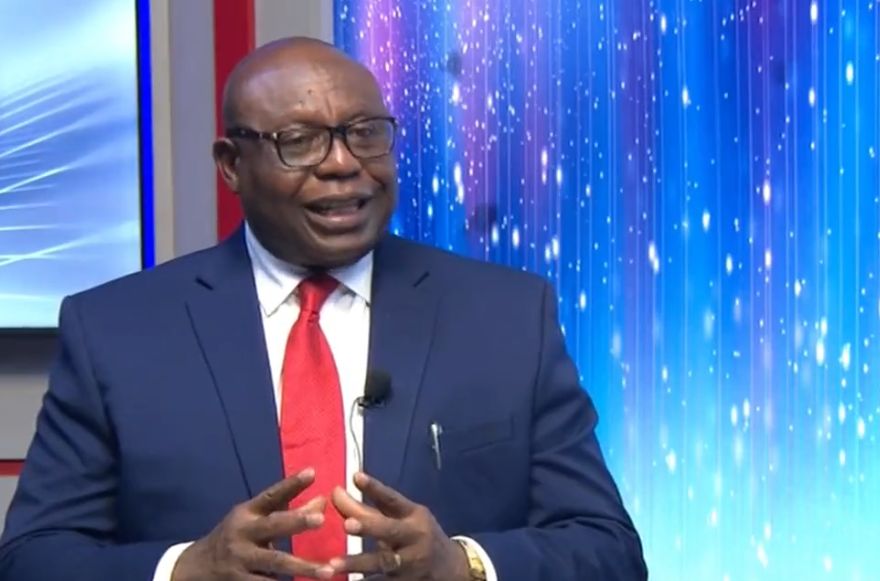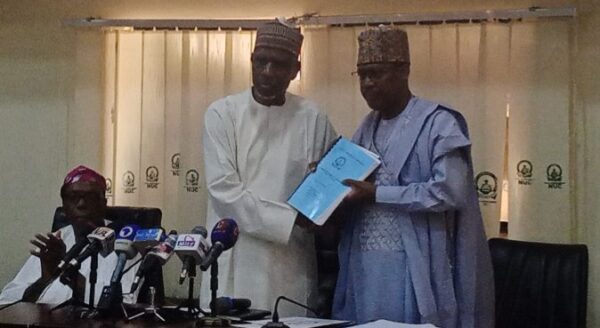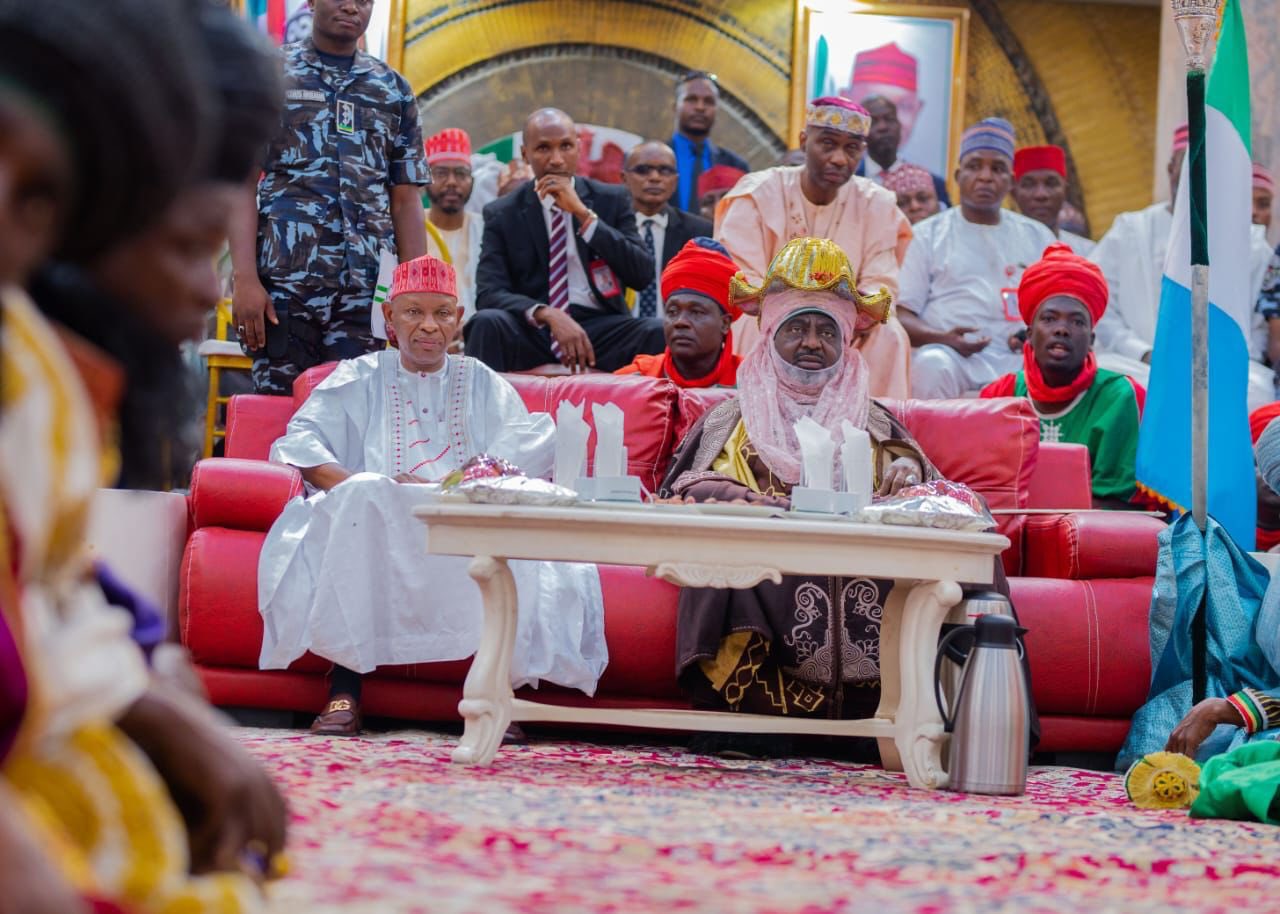Adebukola Shonibare, director of Invictus Africa, says President Bola Tinubu is yet to show commitment to ensuring women’s inclusion in governance.
Shonibare spoke on Thursday during a Twitter space hosted by Enough is Enough (EiE) in collaboration with BudgIT.
Invictus Africa is a non-governmental organisation (NGO) that promotes human rights and addresses gender inequality through advocacy.
She said while the president has taken some actions and signed laws, he has not fulfilled his campaign promise of increasing the number of women in governance.
Advertisement
“When we look at executive activism or actions that have been taken by the president, for instance, the issue of appointment. So far, the president has made 20 appointments including the service chiefs but there are only two female appointees,” she said.
“Let us juxtapose that with the president’s words in his renewed manifesto where he said and I quote, they will increase women’s participation in government to at least 35 percent of all government positions.
“So far, the president has appointed about 20 people and out of those 20 people, women are just 10 percent exactly.
Advertisement
“If we look at the body language of the president so far, based on what we are seeing, he is not yet meeting up with the comments that he has made in terms of social inclusion and political empowerment.
“When it was time to nominate principal officers of the national assembly, the president did not nominate any woman.
So, even if we consider the zoning that the APC and the president put on the table, are we saying we don’t have qualified, experienced and competent women in those geopolitical zones where these people were from?”
Speaking on Tinubu’s executive activism, she said it was not enough to sign laws, noting that what is important is to implement and take necessary steps to curtail its implication on the citizens.
Advertisement
“I usually argue that it is not enough for us to have laws, it is also important for us to have policies that will create the enabling environment for those laws to be beneficial to the society,” she said.
“The student loan act for instance, what are the pre-existing impediments that we know that can stop people from accessing certain kinds of loans and whether we like it or not, those factors exist.
“We know that there are issues of favouritism. What are the policies that have now been put in place or actions to curtail those existing impediments that we have?
“Another pre-existing impediment that we must think of is the women, persons with disability, and people in rural communities, who are historically marginalized.
Advertisement
“They aren’t able to access it because of pre-existing impediments but like I said, beyond the laws that are being made, there are also other actions that have been made by the president that also have implications on the society.”
Advertisement
Advertisement
Add a comment





